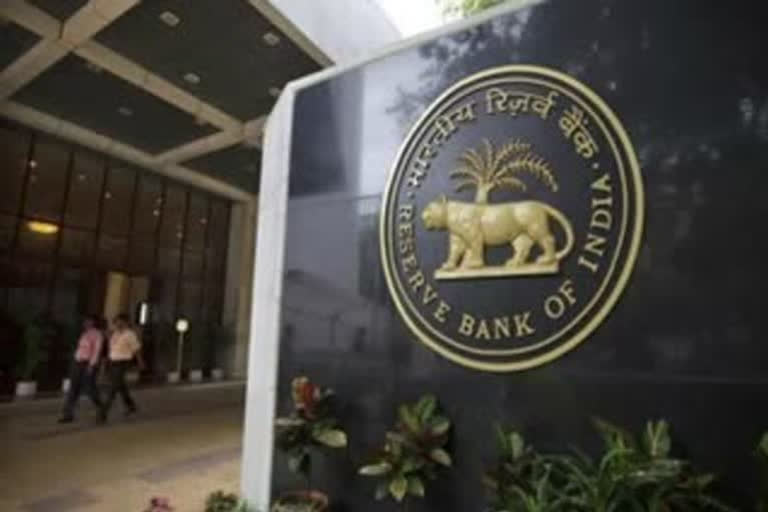Mumbai: The banking sector needs to strengthen corporate governance and risk management practices to deal with the uncertainties created by the coronavirus pandemic, the Reserve Bank said on Tuesday.
With rapid technological advancements in the digital payments landscape and emergence of new entrants across the FinTech ecosystem, banks would also be required to prioritise upgrading their IT infrastructure and improving customer services, together with strengthening their cybersecurity.
"Banks would need to strengthen their corporate governance practices and risk management strategies to build resilience in an increasingly dynamic and uncertain economic environment," the RBI said in its report on 'Trend and Progress of Banking in India 2020-21'.
It further said although credit offtake by banks remained subdued in an environment of risk aversion and muted demand conditions during 2020-21, a pick up has started in the second quarter of 2021-22, with the economy emerging out of the shadows of the second wave of COVID-19.
"Going forward, revival in bank balance sheets hinges around overall economic growth which is contingent on progress on the pandemic front," it said.
However, banks would need to further bolster their capital positions to absorb potential slippages as well as to sustain the credit flow.
In a nutshell, the report said, "the Indian financial sector is standing at crossroads: while the immediate impact of the fallout of COVID-19 will dominate the short-term, larger challenges relating to climate change and technological innovations will need a carefully crafted strategy".
Also Read: India's monetary policy financially inclusive by design: RBI DG Patra
The Reserve Bank emphasised it will endeavour to ensure a safe, sound and competitive financial system through its regulatory and supervisory initiatives.
During 2020-21, the consolidated balance sheet of scheduled commercial banks (SCBs) expanded in size, notwithstanding the pandemic and the resultant contraction in economic activity.
In 2021-22 so far, nascent signs of recovery are visible in credit growth. Deposits grew by 10.1 percent at end-September 2021 as compared with 11 percent a year ago, the report said.
"SCBs' gross non-performing assets (GNPA) ratio declined from 8.2 percent at end-March 2020 to 7.3 percent at end-March 2021 and further to 6.9 percent at end-September 2021," the report said.
On recapitalisation requirements after COVID-19, the RBI said that based on the capital position as of September 30, 2021, all public and private sector banks maintained the capital conservation buffer (CCB) well over 2.5 percent.
"Going forward, however, banks would need a higher capital cushion to deal with challenges on account of the ongoing stress experienced by borrowers as well as to meet the economy's potential credit requirements," it said.
The apex bank also stressed that concerted strategies for timely capital infusion need to be carried forward by the banks.
Further, the banking sector would need to build up adequate buffers and remain vigilant to the emerging risks as the economy recovers from the impact of the COVID-19 pandemic.
PTI



